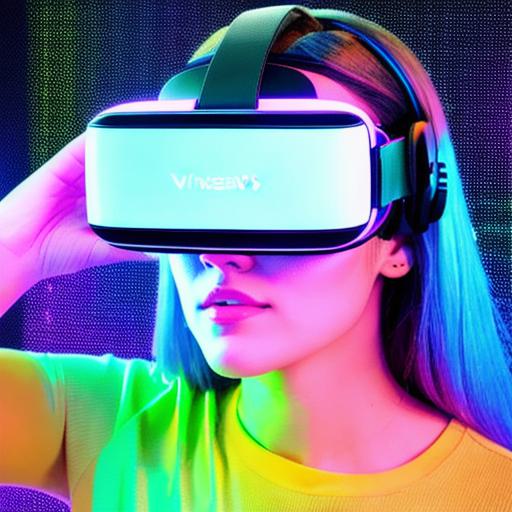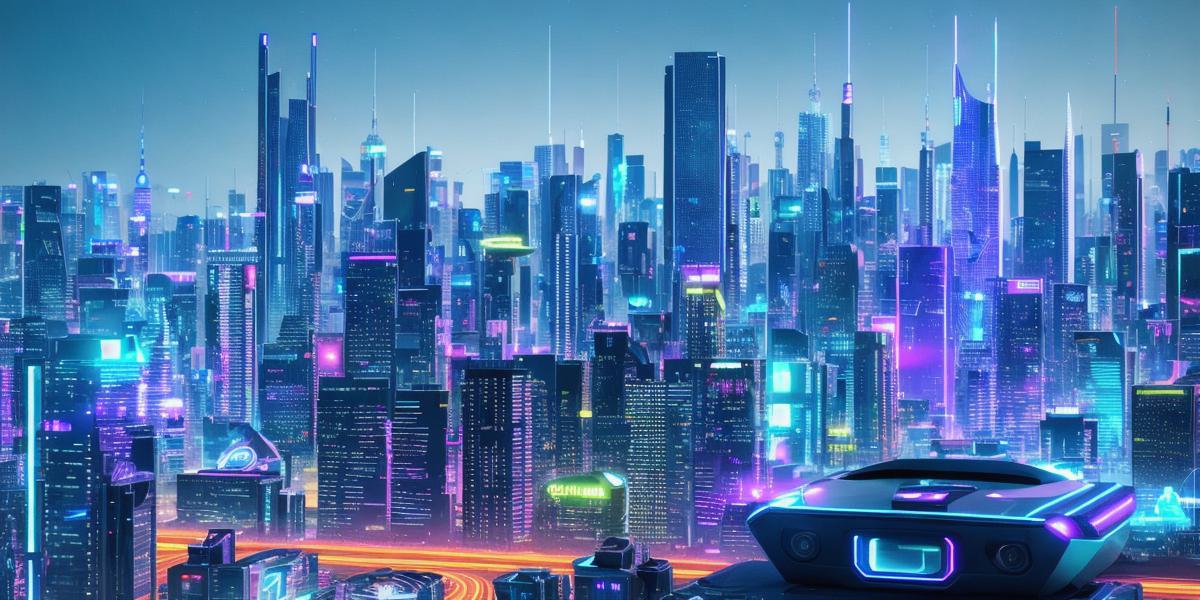The Metaverse, a term coined by Neal Stephenson in his 1992 science fiction novel "Snow Crash," has evolved from a mere figment of imagination into a tangible concept shaping the digital landscape. But what exactly is this futuristic virtual universe, and how will it impact our lives? Let’s explore the answers to these intriguing questions.
What is the Metaverse?
At its core, the Metaverse refers to a collective virtual shared space, created by the convergence of virtually enhanced physical reality and physically persistent virtual reality. It is an immersive, three-dimensional environment where users can interact with each other and digital objects in real time. In simpler terms, think of it as a parallel universe, accessible through your computer or virtual reality headset.
The Metaverse is not just a static, pre-built world; rather, it’s a dynamic, user-generated space that continues to evolve as more people join and contribute. Its inhabitants can create, explore, socialize, and even transact in this digital realm using avatars—virtual representations of themselves.
Examples of the Metaverse in Action
Several platforms and technologies are already paving the way for a fully-realized Metaverse:
- Virtual Reality (VR): VR devices like Oculus Rift, HTC Vive, and PlayStation VR allow users to immerse themselves in virtual environments, providing an unparalleled level of presence and interaction.

- Augmented Reality (AR): AR technologies such as Apple’s ARKit and Google’s ARCore bring digital elements into the physical world, creating a more seamless blend of realities.
- Blockchain and Cryptocurrencies: Decentralized systems like Ethereum and EOS enable user-generated content and transactions within virtual environments, providing a foundation for true ownership and monetization of digital assets.
- Social Media Platforms: Social media giants like Facebook (Meta Platforms), Microsoft (Minecraft), and Roblox are investing heavily in creating immersive, social experiences for their users.
**How will the Metaverse Shape Our Future?
**
The Metaverse holds immense potential to transform various aspects of our lives:
1. **Social Interactions**: The Metaverse offers a new frontier for social interactions, enabling people to connect in ways never before possible. From virtual gatherings and immersive games to collaborative projects, the opportunities for building and strengthening relationships are endless.
2. **Education and Training**: Virtual classrooms can provide students with more engaging and effective learning experiences, allowing them to explore complex concepts in a realistic environment. Furthermore, simulations enable real-life training in high-risk or expensive industries.
3. **Entertainment and Creativity**: The Metaverse opens up endless opportunities for entertainment and creative expression, as users can design their virtual worlds and experiences from the ground up. This freedom to experiment and explore could lead to a new renaissance of art, music, and storytelling.

4. **Business and Commerce**: The Metaverse’s economic potential is vast, with virtual real estate, digital goods, and services all offering new revenue streams and opportunities for entrepreneurs. As the Metaverse matures, it will likely become an integral part of our global economy.
5. **Health and Wellbeing**: Virtual environments offer numerous benefits for mental and physical health, from stress relief and mindfulness exercises to rehabilitation programs that provide a safe and immersive environment for recovery.
In conclusion, the Metaverse is no longer just a futuristic concept; it’s an emerging reality that will shape our digital lives in profound ways. Its impact on social interactions, education, entertainment, business, and even our health and wellbeing is yet to be fully realized but holds immense potential for transforming the way we live, work, and play.
